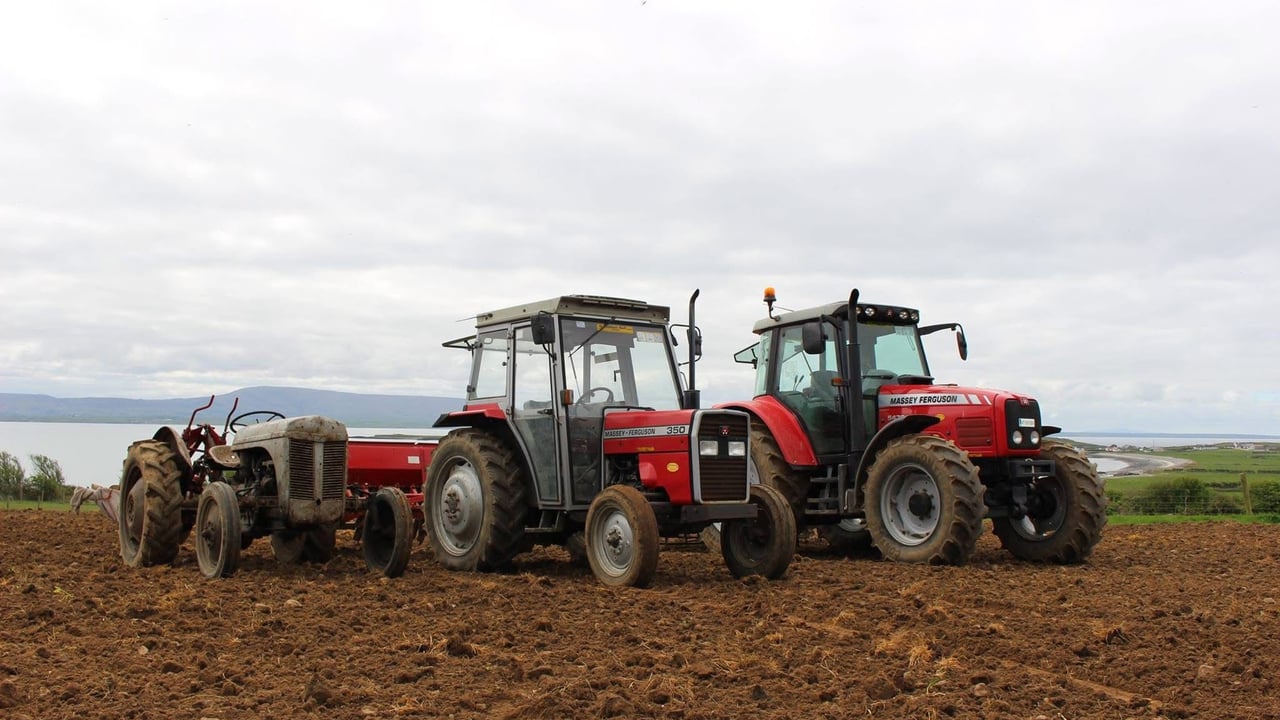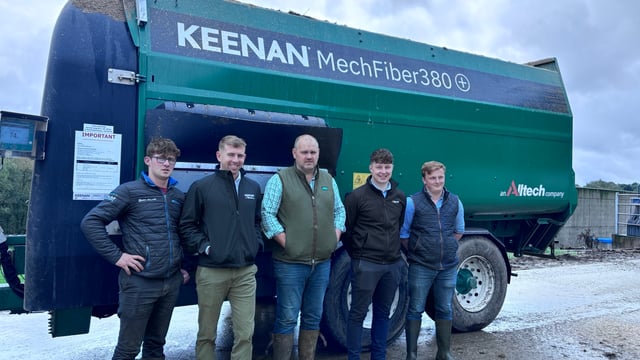Sligo Field club to host lecture on tractor inventor Harry Ferguson
The Sligo Field club will kickstart their 2025 calendar with a guest lecture on the legacy of Harry Ferguson, the Northern Ireland inventor was instrumental in the development of the modern agricultural tractor, in particular, its three point linkage system.
The lecture will by given by Bill Forsythe, a local County Down historian and expert in the life of Harry Ferguson (1884 - 1860), and will take place at 8pm this Thursday (January 23) in the Sligo Park Hotel.
The event, which marks the centenary of the patent of Ferguson's hydraulic system, is free for club members and €5 for non-members.
In his talk, Forsythe will recount Ferguson's inventions, his business prowess, including his part in co-founding Massey Ferguson, and his varied life which has left an indelible mark on the agricultural industry.
Forsythe will also discuss his recent work in creating a memorial for the engineer and inventor, which included the commission of a garden and a bronze statue in his honour, in his hometown of Growell, near Dromore, Co. Down.
The Co. Down man is most famous for inventing the the three point linkage, which has become a staple in the agriculture industry, its straightforward design making it easier to switch out implements, offering increased versatility and less work for farmers.
Ferguson joined forces with the North American company, Massey-Harris, in 1953, which would eventually become known as Massey Ferguson, and his innovations have been considered pivotal in cementing the tractor manufacturers' place in the industry.
While Ferguson is synonymous with the Ferguson tractor, he was also the first Irishman to build and fly his own airplane in 1909, shortly after the Wright brothers' success in the US, and is accredited with developing the first four-wheel drive Formula One car.
Speaking about the lecture, president of Sligo Field Club, Sally Siggens, said: "The Ferguson image is synonymous with Harry Ferguson the man, but his legacy is in every tractor in every part of the world as the three point linkage is still the modern technique used for hitching.
"I was talking to a club member recently, who remembered when the first Ferguson tractor arrived into the area 50 to 55 years ago and all the locals went to see it.
"What a revolution it was for the average farmer to have a tractor, to go from having to do everything by hand or with horse and plough, to then having an affordable tractor, it was a massive change.
"That humble little tractor can still get people out of a tight spot when push comes to shove, you still see them everywhere around the country."
The Sligo Field club, which was founded in 1945 as the Sligo Antiquarian Society, is a 100-member strong society of individuals from various backgrounds, united in their enthusiasm for local archeology, history, natural history and the heritage of Sligo.
It hosts monthly lectures on a wide range of subjects, with this year's programme ranging from a seminar on the first inhabitants of Ireland in the Mesolithic period to the Sligo Volunteers.
According to Siggins, the club primarily focuses on the preservation of Sligo's sites and monuments.
In addition to this, it also organises regular club outings and produces an annual publication.
While the club predominantly consists of individuals of an older vintage, 30-year-old Siggens is keen to generate interest from a younger audience, as well as greater engagement from Sligo's farming community.
She is hoping that this week's lecture on Harry Ferguson will succeed in attracting the interest of both.





